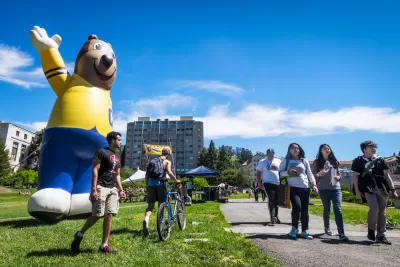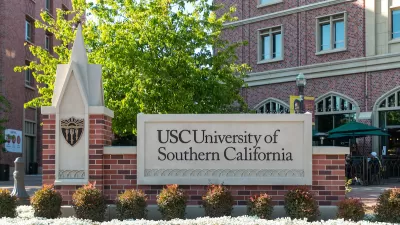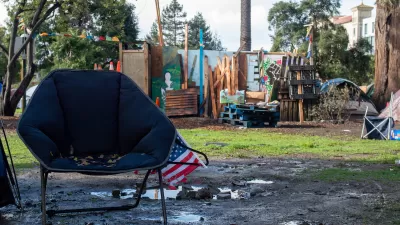The California Supreme Court ruled against the university in a battle over a proposed enrollment cap, forcing the school to reject thousands of potential new students.

After a legal battle over a proposed hike in enrollment, the University of California, Berkeley will be forced to cut enrollment by roughly 3,000 students in the coming fall. Nanette Asimov and Bob Egelko report on the saga, which began when a neighborhood group sued on the grounds that the university did not conduct the appropriate Environmental Impact Review (EIR) for its proposed expansion.
In August, Superior Court Judge Brad Seligman ordered the campus to cap enrollment at 42,237 — the fall 2020 number — and to halt construction of its Upper Hearst project at 2698 Hearst Ave.: two buildings intended to house professors and add classrooms for the Goldman School of Public Policy. Neighbors had argued that the university failed to properly plan for the increased noise, traffic and other quality-of-life problems the project would bring.
Save Berkeley's Neighborhoods, the group that brought the lawsuit, says it does not want to stop the university's projects altogether, but rather to ensure the university conducts an adequate analysis of potential impacts. "On a 4-2 vote, in a one-sentence order without further comment, the court refused to lift the enrollment freeze ordered by an Alameda County judge and denied review of an appellate ruling requiring the university to conduct further environmental review of an off-campus construction project while it limits incoming enrollment."
The article details the lawsuit and subsequent appeals, which culminated on March 3 with the California Supreme Court decision.
A proposed state bill making its way through the California legislature would exempt public universities from CEQA requirements, which could prevent future battles similar to this one.
FULL STORY: UC Berkeley must withhold thousands of acceptance letters after state Supreme Court ruling

Planetizen Federal Action Tracker
A weekly monitor of how Trump’s orders and actions are impacting planners and planning in America.

Congressman Proposes Bill to Rename DC Metro “Trump Train”
The Make Autorail Great Again Act would withhold federal funding to the system until the Washington Metropolitan Area Transit Authority (WMATA), rebrands as the Washington Metropolitan Authority for Greater Access (WMAGA).

DARTSpace Platform Streamlines Dallas TOD Application Process
The Dallas transit agency hopes a shorter permitting timeline will boost transit-oriented development around rail stations.

San Francisco's School District Spent $105M To Build Affordable Housing for Teachers — And That's Just the Beginning
SFUSD joins a growing list of school districts using their land holdings to address housing affordability challenges faced by their own employees.

Car-Centric LA Suburb Looks to a Train-Oriented Future
City leaders in Rancho Cucamonga, the future western terminus of the Brightline West rail line to Las Vegas, want to reimagine the city as a transit-oriented, pedestrian-friendly community.

New Alaska Bitcoin Mine Would Burn as Much Energy as the State’s Largest Coal Plant
Fueled by “stranded” natural gas, the startup hopes to become the largest in the US, and to make Alaska an industry center.
Urban Design for Planners 1: Software Tools
This six-course series explores essential urban design concepts using open source software and equips planners with the tools they need to participate fully in the urban design process.
Planning for Universal Design
Learn the tools for implementing Universal Design in planning regulations.
Municipality of Princeton
Roanoke Valley-Alleghany Regional Commission
City of Mt Shasta
City of Camden Redevelopment Agency
City of Astoria
Transportation Research & Education Center (TREC) at Portland State University
US High Speed Rail Association
City of Camden Redevelopment Agency
Municipality of Princeton (NJ)





























